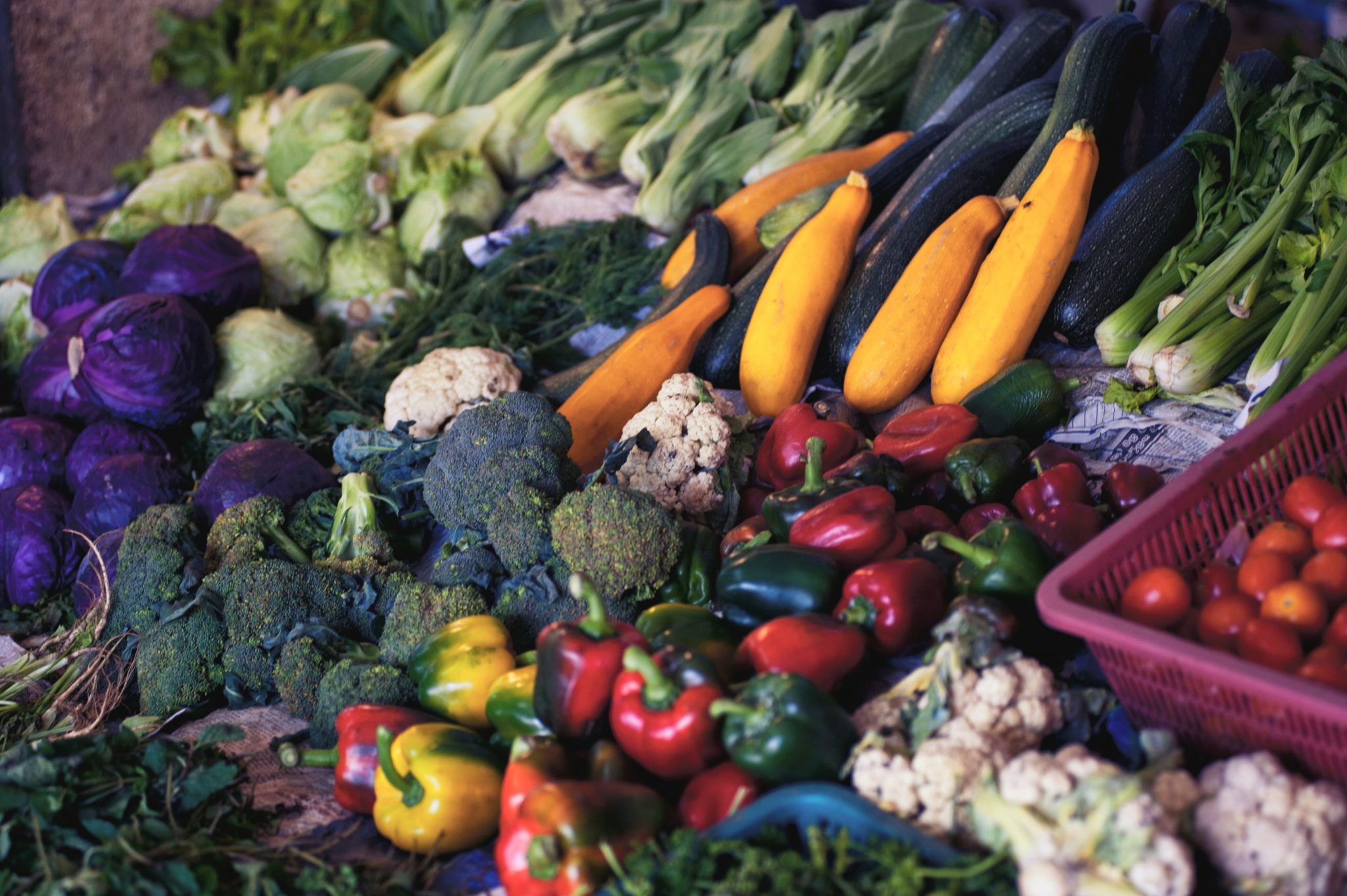Nutrition for seniors is a key component to healthy aging. It’s the best way to make sure that you maintain a healthy weight, remain energized and get important nutrients. It help you fight off chronic diseases such as diabetes, arthritis, or heart disease.
March is National Nutrition Month, and it carries with it some helpful reminders for our senior population. Malnutrition carries with it some significant health risks that can be detrimental to the senior population.
Below are a few suggestions for seniors to maintain a healthy lifestyle.
Nutrition for Seniors
Monitor Your Caloric Intake – As we age, we don’t need as many calories to function or maintain a healthy weight. In other words, eating the same portions as when you were younger can lead to weight gain.
The excess weight can lead to decreased energy levels and less mobility. It can lead to muscle or joint pain and decreased physical activity. It’s important to listen to your body and maintain the proper portion control.
A Healthy, Balanced Diet – As we age, we tend to develop chronic illnesses and other health conditions. Food, and a healthy diet often serve as the first line of defense. A healthy diet that is aimed at illness prevention can make a significant difference in your health. You may want to consult with a doctor or a nutritionist to find out what this means in your situation.
Nutrition for seniors can help keep chronic illnesses in check.
Monitor Home Habits – For independent seniors, maintaining a healthy level of nutrition will require a commitment to shop and cook. It will require a basic level of knowledge as to what a healthy diet means to you. If this isn’t feasible, it will be important to talk with loved ones, or someone who can help immediately.
Conclusion
Nutrition for seniors is critical to a healthy lifestyle. It makes a significant difference in the aging process. When seniors eat a healthy, balanced diet, they take control of their well-being.







